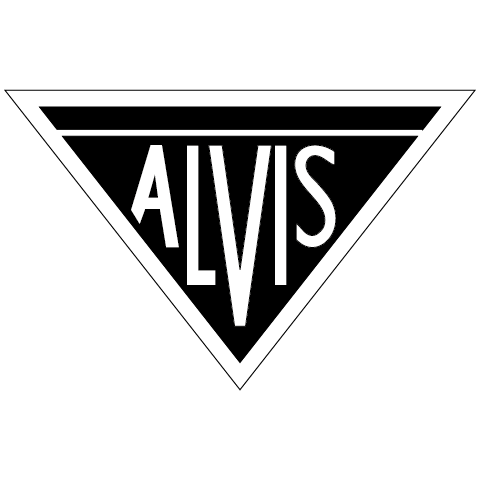
Thomas George John (1880–1946) founded a company called T.G. John and Company Ltd. in 1919 after he took over a small carburetor manufacturer. The name of the carburetor manufacturer was Holley Bros., but unrelated to today's well-known brand of Holley. Geoffrey de Freville (1883–1965) approached T.G. John with a novel engine design. A relationship grew, and T.G. John purchased de Fréville's engine design and took over the name Alvis, a registered trademark used by de Fréville on his aluminium pistons and castings. The company officially changed its name to The Alvis Car and Engineering Company Ltd. on 14 December 1921.
Alvis were an innovative company. They pioneered front-wheel-drive, and all-synchromesh gearboxes. With a front-wheel-drive Alvis, they enjoyed racing success in 1928 winning the 1½ litre class in the 24 hours race at Le Mans and second place in the Tourist Trophy race.
Alvis struggled after World War 2 significantly due to labour shortages. By 1965, Rover took a controlling interest in Alvis and was shortly after taken over by British Leyland. The last and fastest Alvis model, the TF 21, was launched in 1966 but only 109 were sold and production ceased in 1967.
In 1968, a company founded by ex-employees of Alvis, called Red Triangle, bought all Alvis car design plans for the purpose of providing parts and service for Alvis cars. The name "Alvis" was not part of the buyout.
In 2004, Alvis became part of BAE Systems. Red Triangle subesquently negotiated the purchase of the Alvis car trademarks in 2009.
Today, the Alvis Car Company has resumed production of pre-war Alvis models to the original designs.
Alvis car restoration projects performed by Finch Restorations in recent times are provided below.
